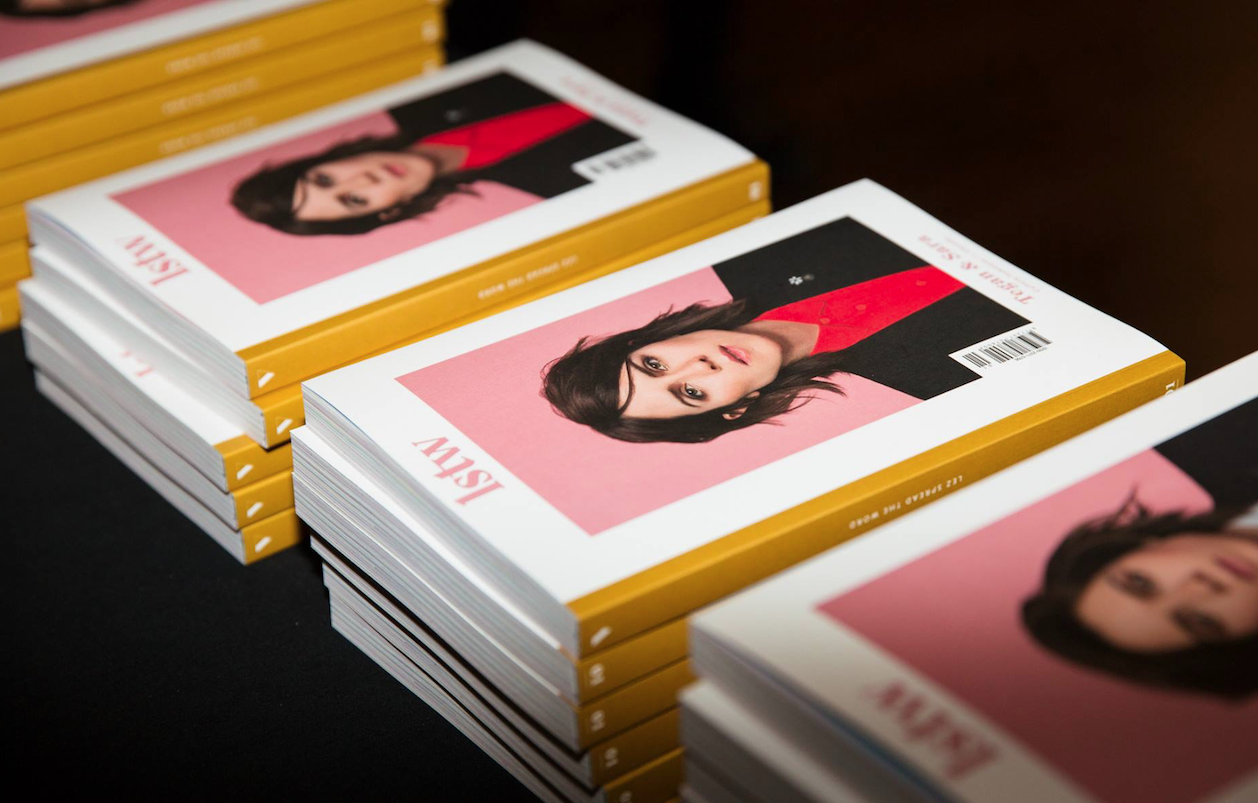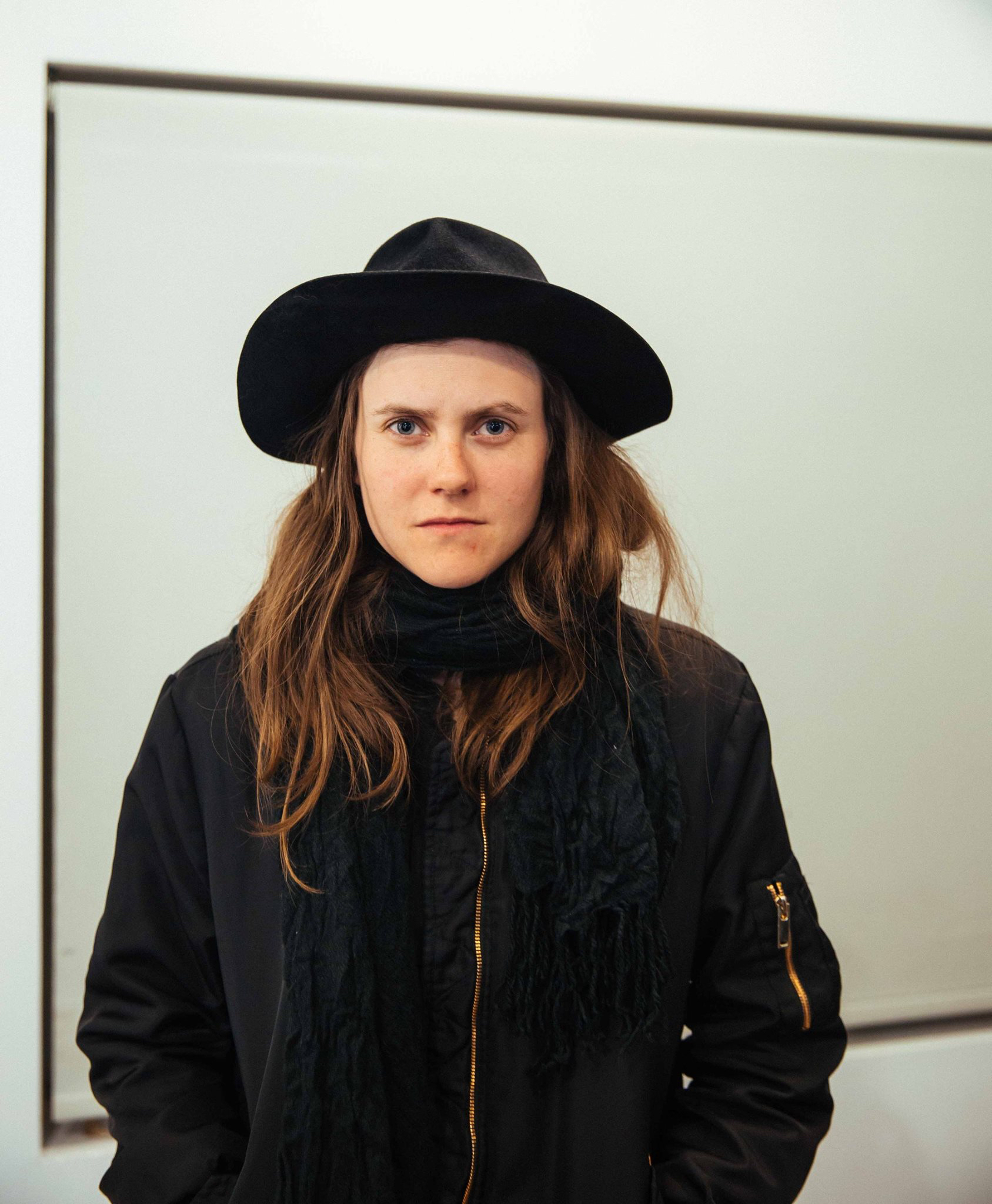Florence Gagnon is creating the LGBTQ+ community she never had
Florence Gagnon has spent the last 10 years working to ‘spread the word’ and increase visibility for lesbians within and outside of the LGBTQ+ community. Her message? “We exist, and these are our experiences.”
Gagnon is the guest speaker at the second annual Queer Homecoming, an event that carves out a unique space for the queer community amidst Concordia’s orientation activities.
This year, she is set to share her success as an entrepreneur, founder and president of a non-profit LGBTQ+ organization and co-creator of a successful web series, to name a few accomplishments. Before she began her prolific career, Gagnon was a first-year student at Concordia, surrounded by hundreds of others at her own homecoming.
It was her love for art, coupled with the search for something outside of the small, suburban world that didn’t entirely accept her sexuality, that led Gagnon to move to the big city to study photography at Concordia. She said the experience changed her life before she even stepped foot in a classroom. “I felt like I was in the right place, that people were different and I was fitting in,” she recalled. “I really didn’t know what I wanted to do with my life, but I guess it was the right context because I got to try so many things. I partied a lot, and I just met so many interesting people.”
One of those people was filmmaker Chloé Robichaud, who was studying in Concordia’s film production program at the time. “We talked a lot about our coming out, and the context we lived in in Quebec,” said Gagnon. “I come from the suburbs, so my coming out wasn’t the best experience ever, so at the time I felt like I was missing role models and information about what it is to be a lesbian.”
Their conversations turned into brainstorming sessions, and in 2012, they launched Lez Spread the Word (LSTW), an online platform that describes itself as seeking to “gather, inform, and shed more light on the lesbian community in Quebec and elsewhere. As well as offering informative and entertaining content, the site is a resource for women who do not have many references with regard to the lesbian community.”

Only two years later, Robichaud and Gagnon crossed the second item off their project list: a web series by and for lesbians. Féminin/Féminin follows a group of lesbians as their lives intertwine and their stories unfold against the familiar backdrop of Montreal.
“We wanted to create something that we didn’t have at the time [of coming out], and thought we could help people, and also just for us to meet other girls,” said Gagnon. Following its premiere in 2014, Féminin/Féminin received much acclaim, winning the Best Fiction Web Series award at the Gémeaux Awards, and was renewed for a second season.
Keeping up with the momentum of her success, Gagnon spearheaded the launch of the LSTW magazine in 2016. LSTW is now distributed in 17 cities worldwide, with a third issue launching Oct. 23.
Still, with a reach greater than she ever imagined, Gagnon says visibility remains a significant obstacle. “Even now within the LGBTQ movement, it’s difficult to have a place. People think that within this movement [that] we’re all equal, but as women, it’s more difficult than it is for men,” she said, adding that even the use of the word ‘lesbian’ is contested within the community.
“People ask us why we use that word and not queer. At first it was really personal; I was identifying as a lesbian because I didn’t know anything else at the time. But at the same time, I’m happy to honour the past fights of women in the 80s. I think the word is loaded, but for us, we are pretty proud.”
Despite some pushback, Gagnon is optimistic for the future. “Things have changed over the past years. More visibility for the community and just being ‘different’ is celebrated more than it was before.”
Whether English or French speaking, there is visibility and power in numbers. Gagnon hopes people will come out to events like Queer Homecoming and get involved with projects in the community.
“I would love for the francophone and anglophone scene to mix more,” she said. “I think it’s really important—we need more communication. We still have so much to do.”
Feature photo by Saad Al-Hakkak.




